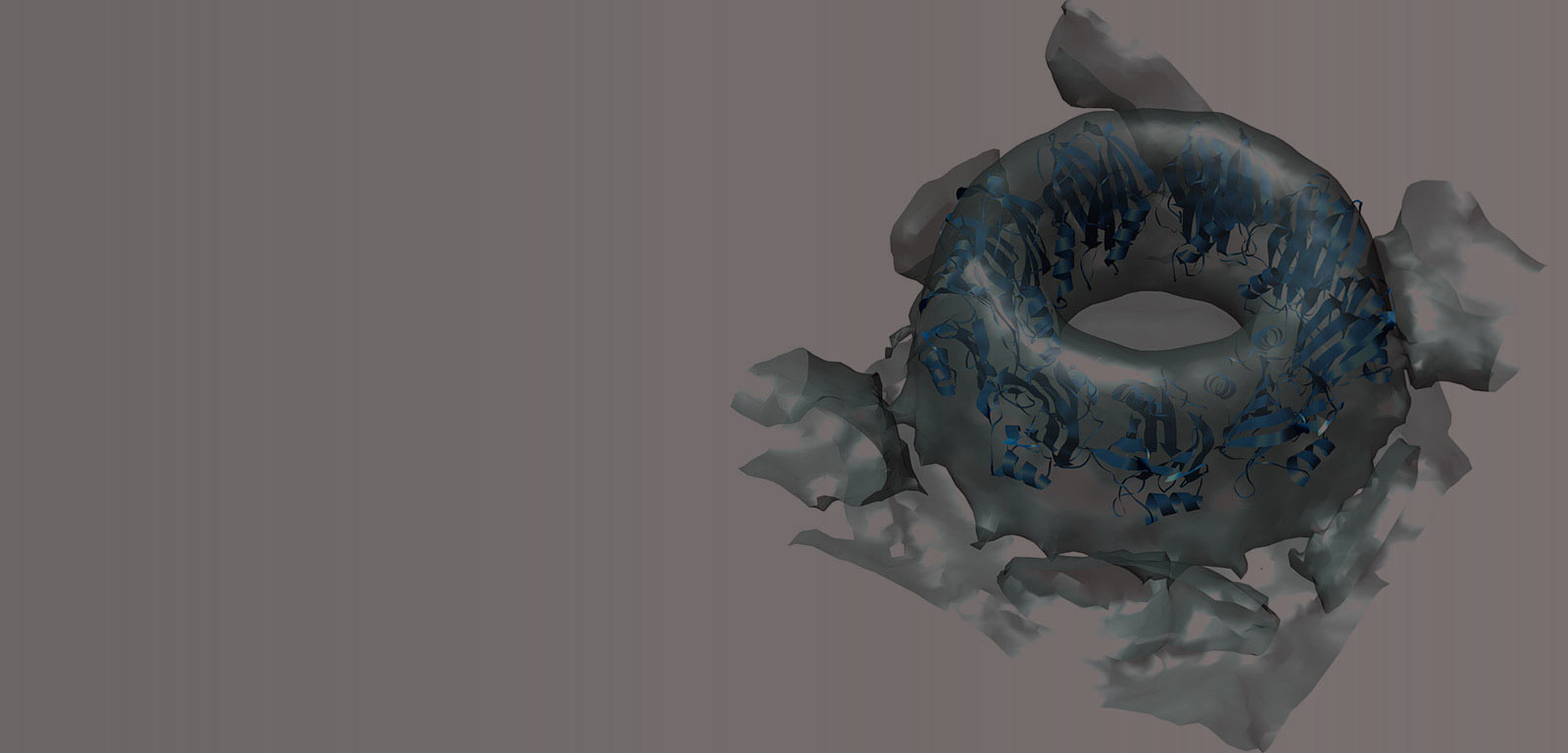Subject
Advanced Workshop on Molecular Biology
General details of the subject
- Mode
- Face-to-face degree course
- Language
- English
Teaching staff
| Name | Institution | Category | Doctor | Teaching profile | Area | |
|---|---|---|---|---|---|---|
| ZUBIAGA ELORDIETA, ANA MARIA | University of the Basque Country | Profesorado Catedratico De Universidad | Doctor | Bilingual | Genetics | ana.zubiaga@ehu.eus |
Study types
| Type | Face-to-face hours | Non face-to-face hours | Total hours |
|---|---|---|---|
| Lecture-based | 25 | 38 | 63 |
| Seminar | 25 | 37 | 62 |
Training activities
| Name | Hours | Percentage of classroom teaching |
|---|---|---|
| Exercises | 20.0 | 50 % |
| Expositive classes | 50.0 | 75 % |
| Written discussion of a topic | 55.0 | 15 % |
Assessment systems
| Name | Minimum weighting | Maximum weighting |
|---|---|---|
| Attendance and participation | 10.0 % | 40.0 % |
| Elaboración individual de informe | 20.0 % | 50.0 % |
| Multiple-choice examination | 5.0 % | 10.0 % |
Learning outcomes of the subject
El estudiante, para superar esta asignatura, deberá demostrar los siguientes resultados:Ser capaz de leer críticamente la literatura científica en Biología Molecular y Biomedicina, y de percibir claramente los avances actuales y los posibles desarrollos futuros.
Conocer las formas de búsqueda (Bibliotecas y Hemerotecas especializadas, consulta de revistas on-line y de bases de datos en Internet) de la información biológica más reciente y relevante para resolver problemas técnicos y profesionales del campo.
Ser capaz de diseñar experimentos que conduzcan a la resolución de un problema científico concreto en el área de la Biología Molecular y Biomedicina.
Estar entrenado en la comunicación y presentación pública de los aspectos fundamentales de su conocimiento científico a otros profesionales de su área
Tener una base para ser original en el desarrollo y/o aplicación de ideas, especialmente en un contexto de investigación científica.
Ordinary call: orientations and renunciation
Attendance is compulsory. Excused absences may be made up with the activity indicated by the person in charge of the session.The intervention of the student in the classes will be valued, the questions and comments made in each session will be valued. A high participation and attendance to 100% of the sessions allows to pass the course.
An unexcused attendance of less than 80% of the sessions will result in the failure of the course.
In the case of absence with a justified cause (more than 30%), an exam/test of the subject adjusted to the specific situation will be carried out.
The evaluation tests of the course will be adjusted to the characteristics of the group and will be made explicit at the beginning of the course.
Extraordinary call: orientations and renunciation
The extraordinary call will involve the realization of an exam/test of the subject that will consist of the development of a topic of the subject to choose between two chosen at random.Temary
Session 1.- Deciphering the transcriptional essence of prostate cancer progression.Speaker: Verónica Torrano (UPV/EHU)
Session 2.- The cellular antenna: the role of primary cilia in development and disease.
Speaker: Jim Sutherland (CIC-BioGUNE, Derio)
Session 3.- Neural stem cells and neurogenesis.
Speaker: Juan Manuel Encinas (Achucarro Center for Neurosciences, Leioa)
Session 4.- Using structural virology to harness viral pathogenesis.
Speaker: Nicola Abrescia (CIC-BioGUNE, Derio)
Session 5.- Looking for pharmacological targets in myocardial fibrosis.
Speaker: Ana Villar (Instituto de Biomedicina y Biotecnología, Santander)
Session 6.- Magnetic Resonance Imaging. Basic principles and biomedical applications.
Speaker: Pedro Ramos (CIC-bioMagune, Donostia)
Session 7.- Cells and materials for disease modeling and regenerative medicine.
Speaker: Ander Abarrategi (CIC-bioMagune, Donostia)
Session 8.- Cancer Immunology and Immunotherapy.
Speaker: Asís Palazón (CIC-BioGUNE, Derio)
Session 9.- How to write a review paper (including instructions for workshop evaluation).
Speaker: Ana Zubiaga (UPV/EHU)
Session 10.- Toward efficient treatments of muscular dystrophies.
Speaker: Ainara Vallejo (Biodonostia Health Research Institute, Donostia)
Session 11.- Glutamine addiction in cancer cells.
Speaker: Raúl Durán (Centro Andaluz de Biología Molecular y Biomedicina, CABIMER, Sevilla)
Bibliography
Compulsory materials
The student will have at his disposal the Egela digital platform for the subject.For each session, the student will be provide in advance with 5 original papers or reviews related to the topic of the session, selected by the speaker.


